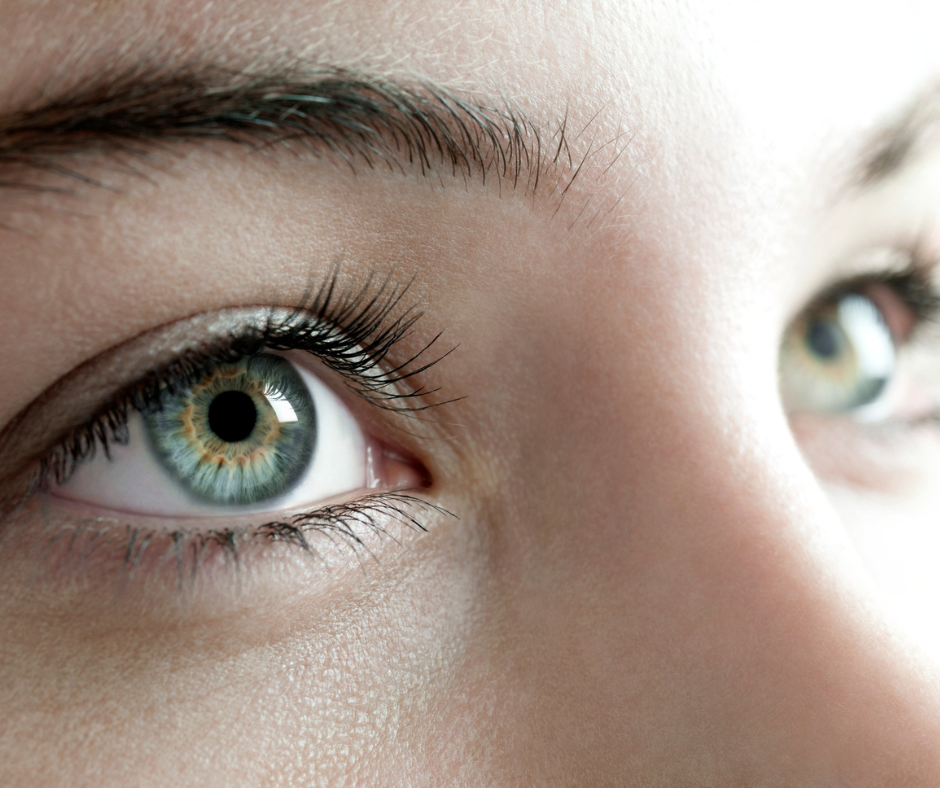
It’s getting colder outside, which means hot chocolate, cozy blankets, quality time with family and… dry eyes? As the seasons change, you may have noticed that your eyes have been feeling painful or uncomfortable, and your vision has been getting blurrier. Taking care of your eyes is very important during the winter, so here are some tips for preventing dry eye during the most wonderful time of the year!
Invest in a humidifier or houseplant to minimize dry air in your home:
Avoid sitting in front of a heater or fan since they can dry out your eyes. Since your heating is going to be on while it’s chilly outside, keeping the air inside your house from becoming too dry is extremely important.
Try some eye drops:
If your eyes are especially dry, eye drops can be super helpful for keeping them hydrated. Look for artificial tears or lubricant eye drops at your local pharmacy. Please avoid Visine since it doesn’t actually address the underlying problem, just masks it. Over time, your eyes will become dependent on it just to stop turning red and feeling irritated.
Clean your eyelids and eyelashes:
Clogged oil glands in your eyelids and eyelashes can lead to dry eyes. Try taking Omega 3 fish oil supplements to help with this and clean your eyelids and eyelashes frequently with lid wipes or baby shampoo lid scrubs while showering.
Wear your glasses more frequently:
Wearing prescription contacts can dry your eyes out even more than usual in the winter, so consider going back to your eyeglasses for the colder months. You don’t have to get rid of your contacts completely during the winter, but if you tend to wear them on a daily basis, think about taking a holiday from them at least a few days per week.
Use a cool compress:
Try running a washcloth under cold water and placing it on your (closed) eyelids. Keep it there for a couple minutes, then remove it. This technique will only provide temporary relief, so consider pairing it with one or two of these other tips for more lasting effect.
Stay in warm places whenever possible:
The temperature can also play a significant role in how your eyes retain moisture. If possible, stick to warmer areas to help keep them from getting too dry.
Wear sunglasses:
Photokeratitis (commonly known as snow blindness) can occur when the sun’s light is reflected by snow into the eye, effectively giving the outer layers of your eye a sunburn. It may not be warm enough to get a tan, but you can be doing significant damage to your eyes if you don’t wear sunglasses or tinted goggles while you’re skiing or snowboarding.
Seek medicated eye drops:
If your symptoms worsen or fail to improve after taking these steps, consult your ophthalmologist. They may prescribe eye drops or other medications to treat inflammation and dry eye symptoms. Take care of your eyes during these chilly months. You’ll thank yourself for it when spring comes again and you can enjoy the lovely weather with open eyes and clear vision!
